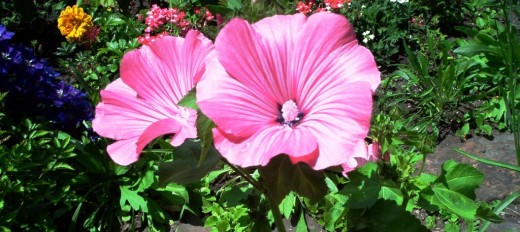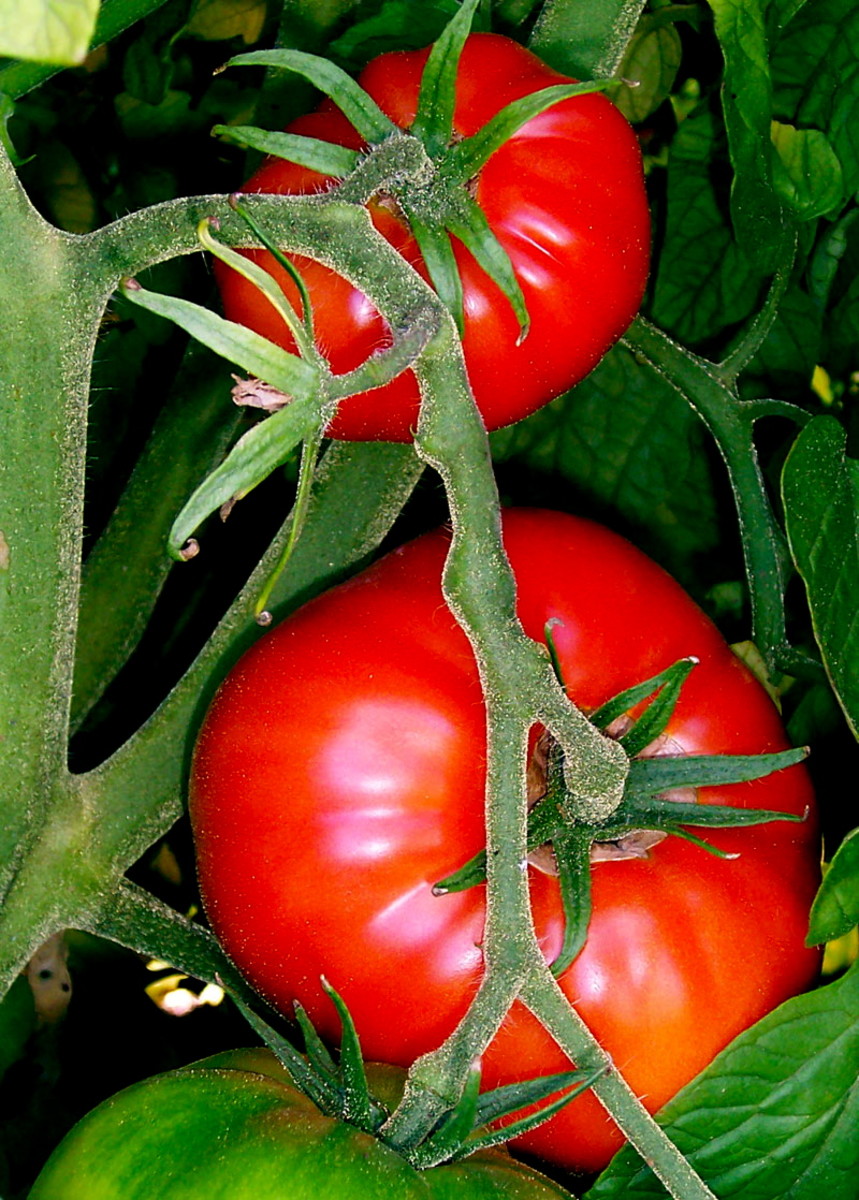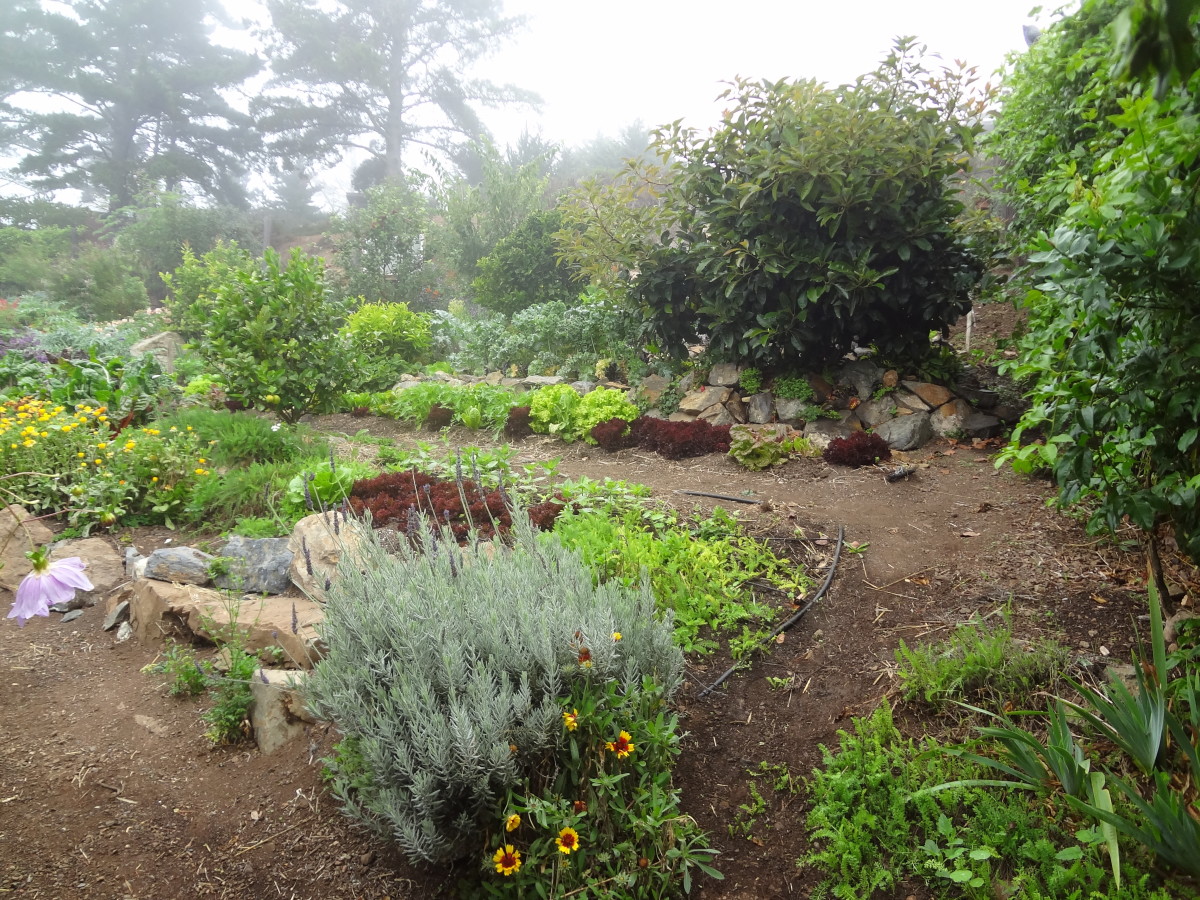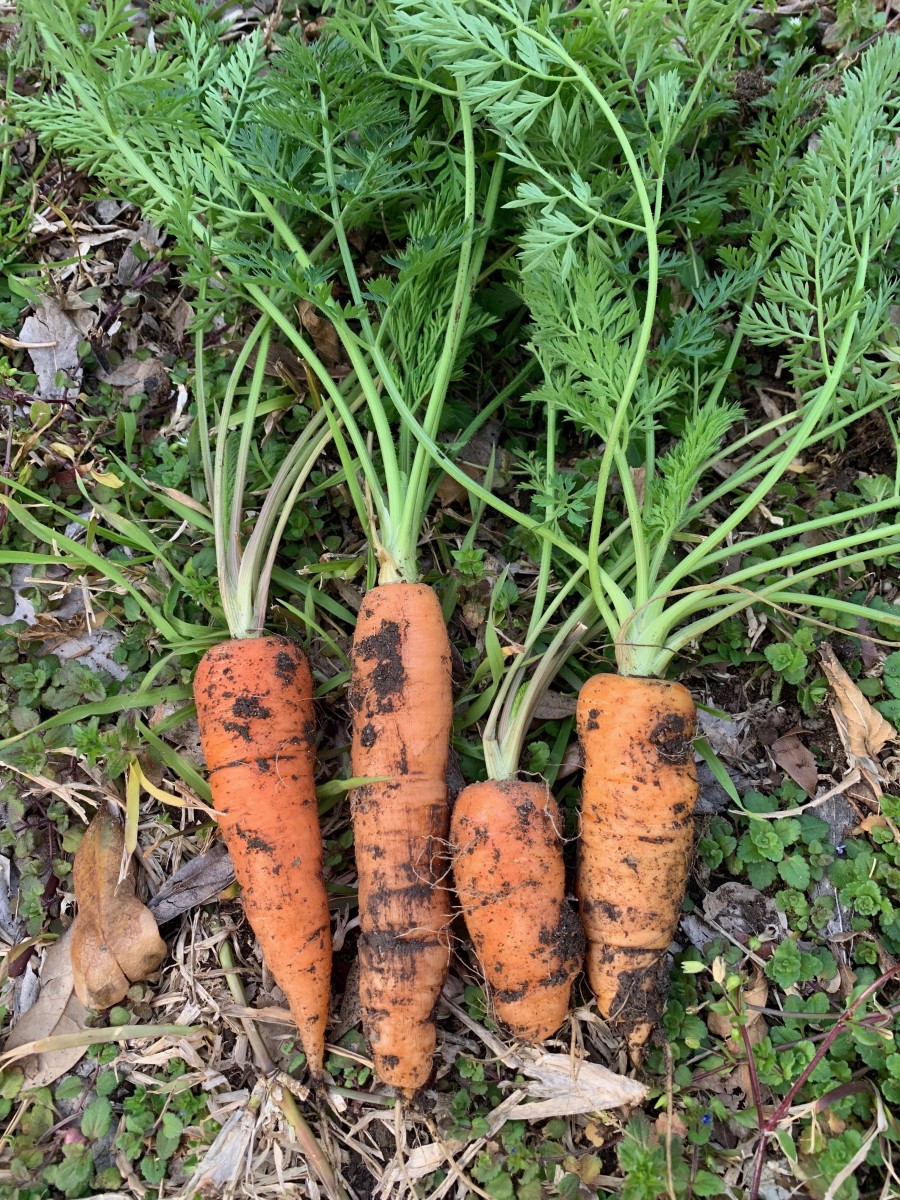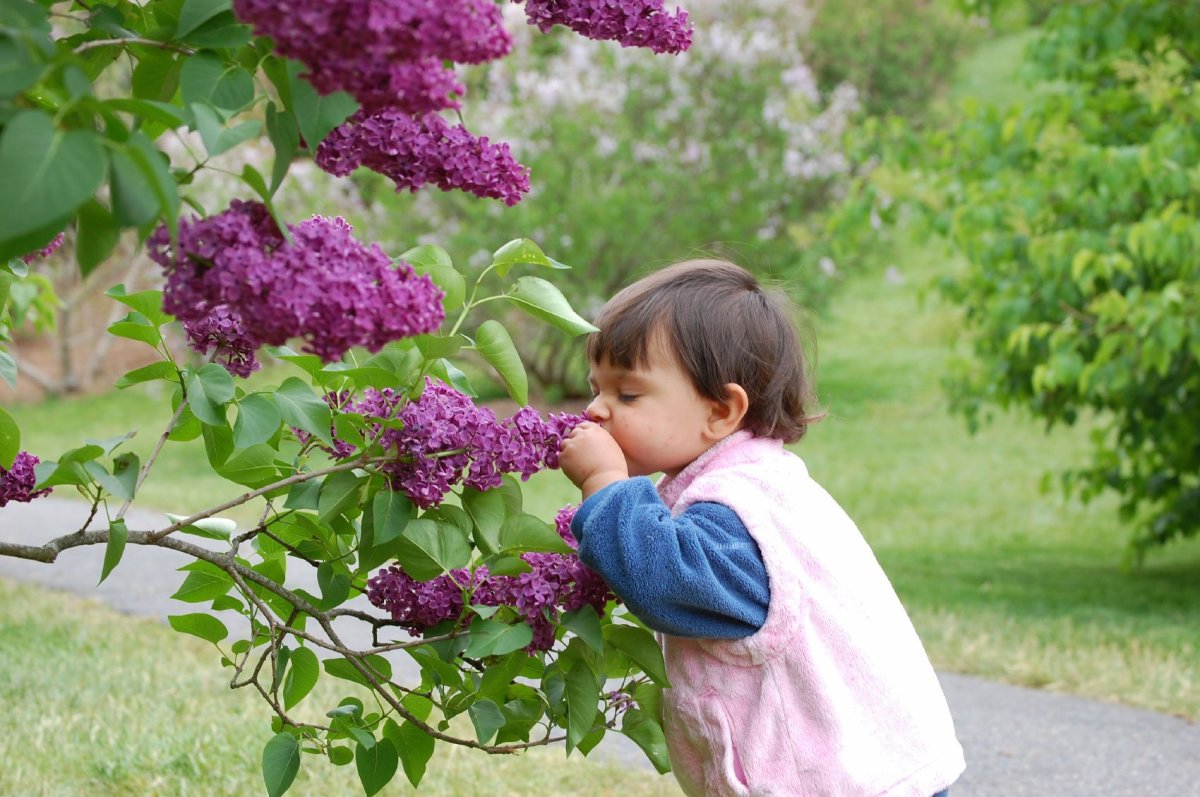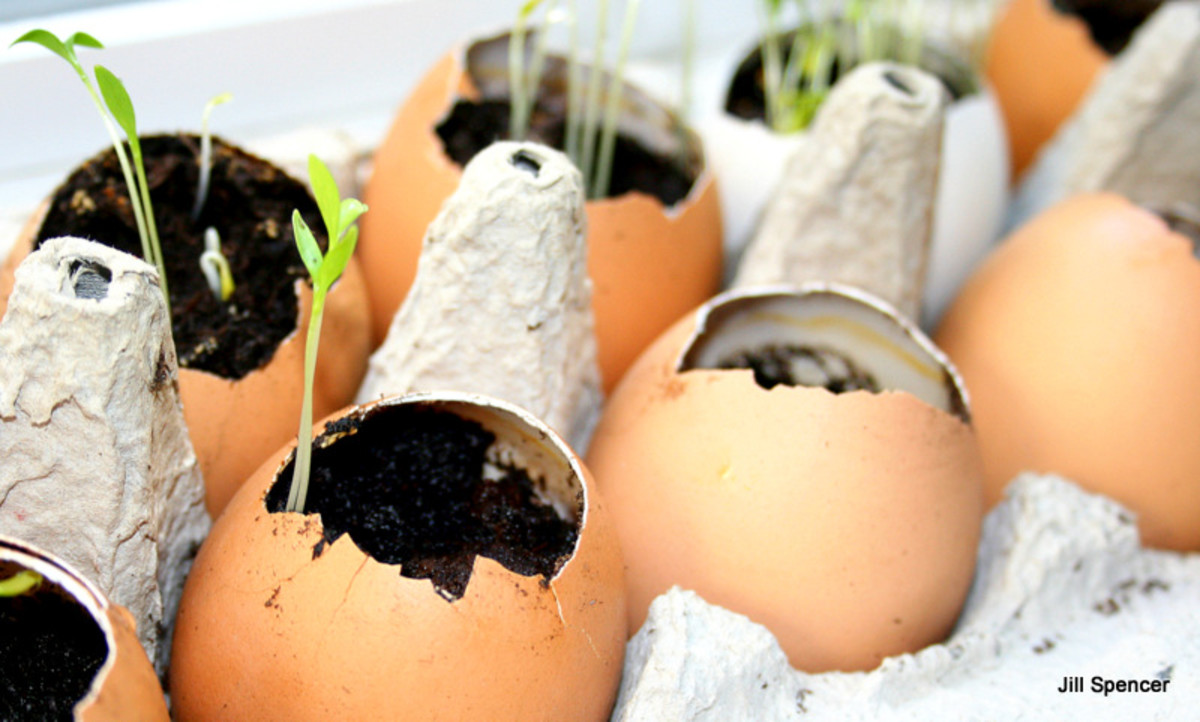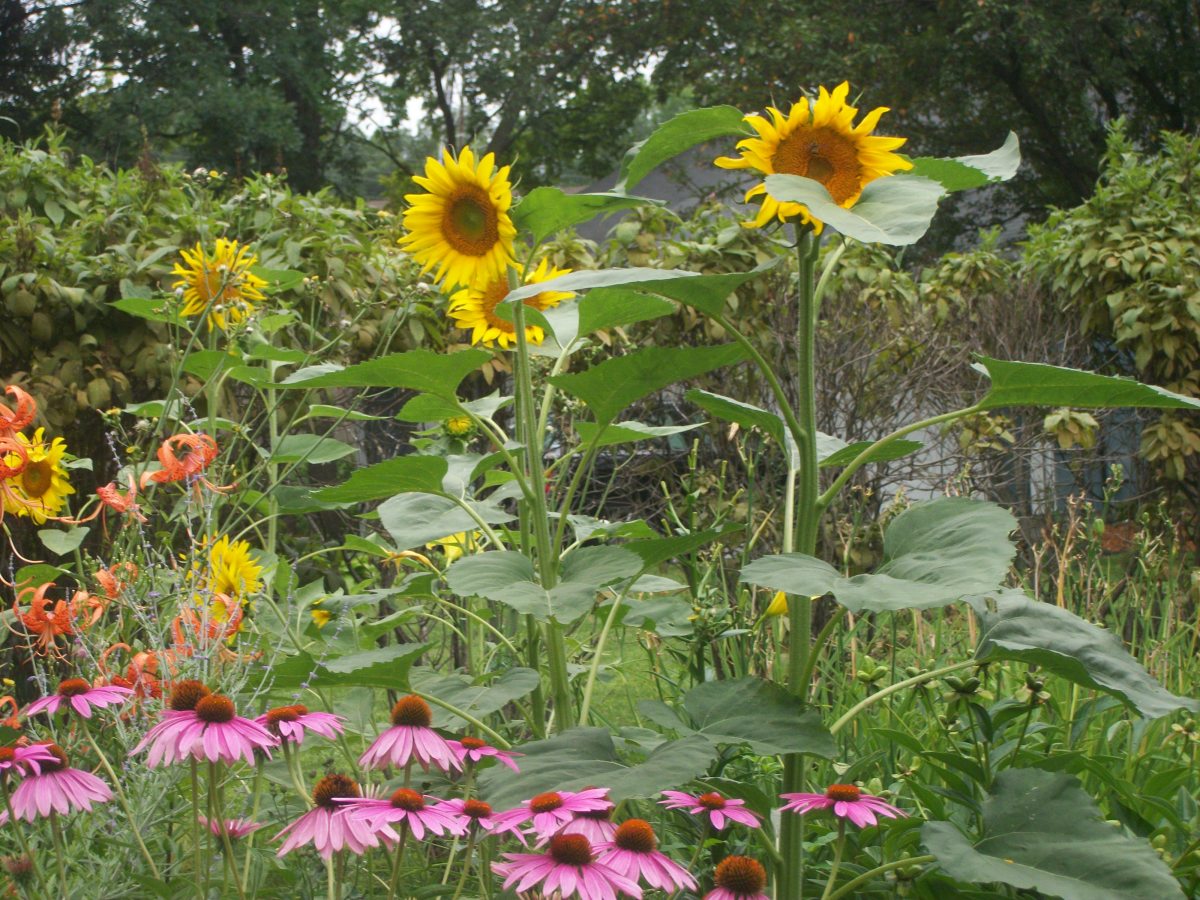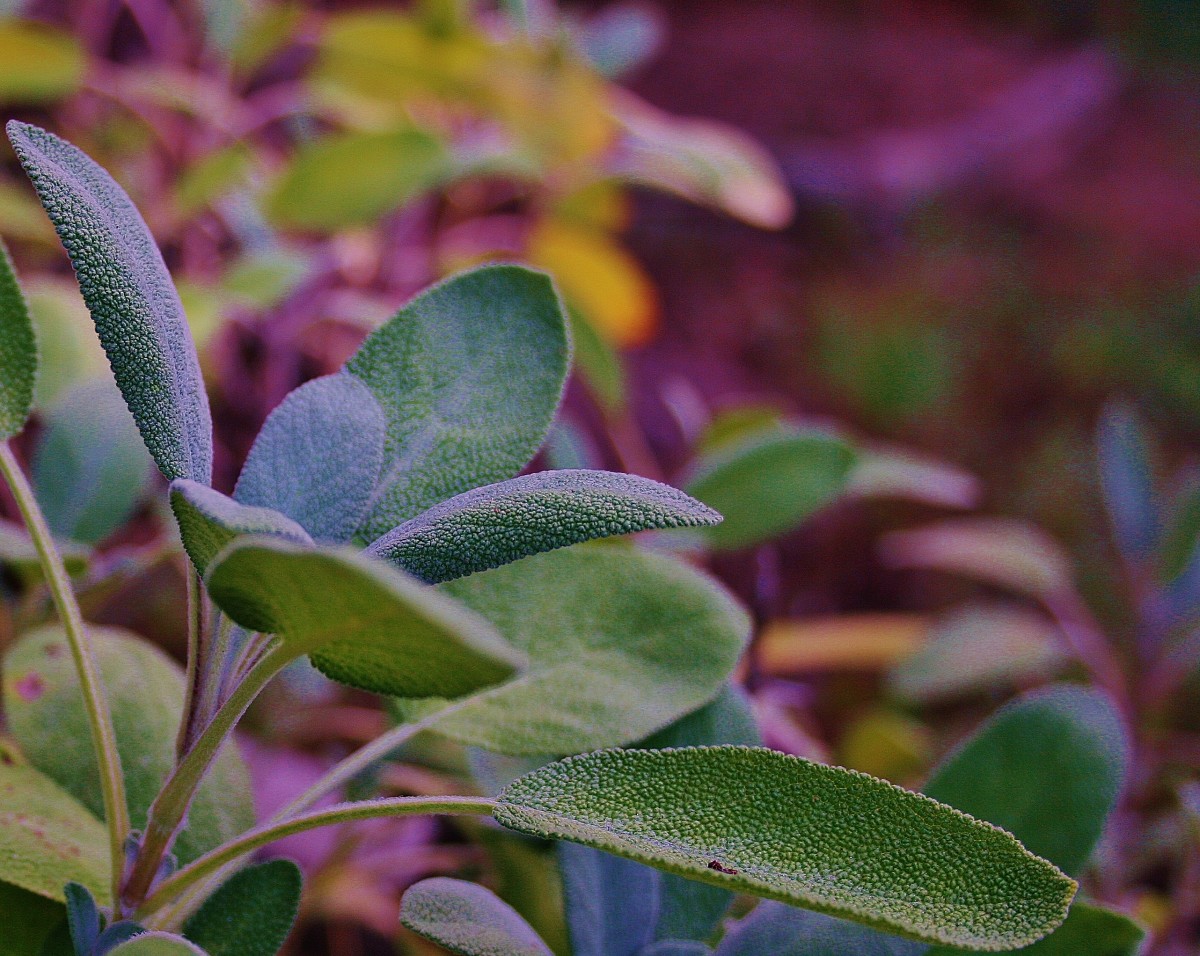The Simplicity Garden
simplicty garden
Simplify, this may be the best single word advice I ever received. I first encounter what was to become a movement about 20 years ago. I was looking for ways to reduce my expenses and lighten the amount of stuff that had been cluttering my life, I came across a book, Voluntary Simplicity, by Duane Elgin; a book that truly made a difference in how I lived.
All these years later I have begun to feel that I have too much stuff, possibly because we have moved three times in as many years and packing is a pain, so to reduce that pain we are re-examining what we have and what we truly need.
A garden is a need, no matter what size I need to grow something and food, herbs at they very least must be part of that garden.
The moving has encouraged me to design a garden that can fit into a small size or a few containers; if a larger growing space is available the basic garden can be expanded as time allows.
When creating this simplicity garden, I needed to answer this question what plants must I absolutely have. This is the rock bottom, so what are the essentials.
Let me say this, the garden would be organic and thus build soil as it grows.
Tomatoes, cherry or beefsteak or anywhere in between depending upon space, at least three tomato plants are needed. Next is basil because you just cannot have tomatoes without basil.
This would be the bare essentials if all I had was one pot then a tomato plant and two basil plants would be the garden.
Fortunately, I have more space and can add other plants, such as asters and daisies which are powerful bee and butterfly attractors, and make a decent cut flower.
Now, to move back to vegetables, cucumbers, which can be grown vertically, and used to make pickles as well as eaten fresh, are on the list.
Other herbs, dill, which is good for pickling and attracting friendly insects is important as is thyme and chamomile.
These are the essentials, tomatoes, basil, dill, chamomile, thyme, asters, daisies, cucumbers; together they make my simplicity garden as they provide food for the body and the creative spirit.
Naturally, there are many, many other plants the garden would have, if space and time would permit, but these few are what form a garden that takes little space and little time to maintain and so, for me, are the ideal simplicity garden.
pink
